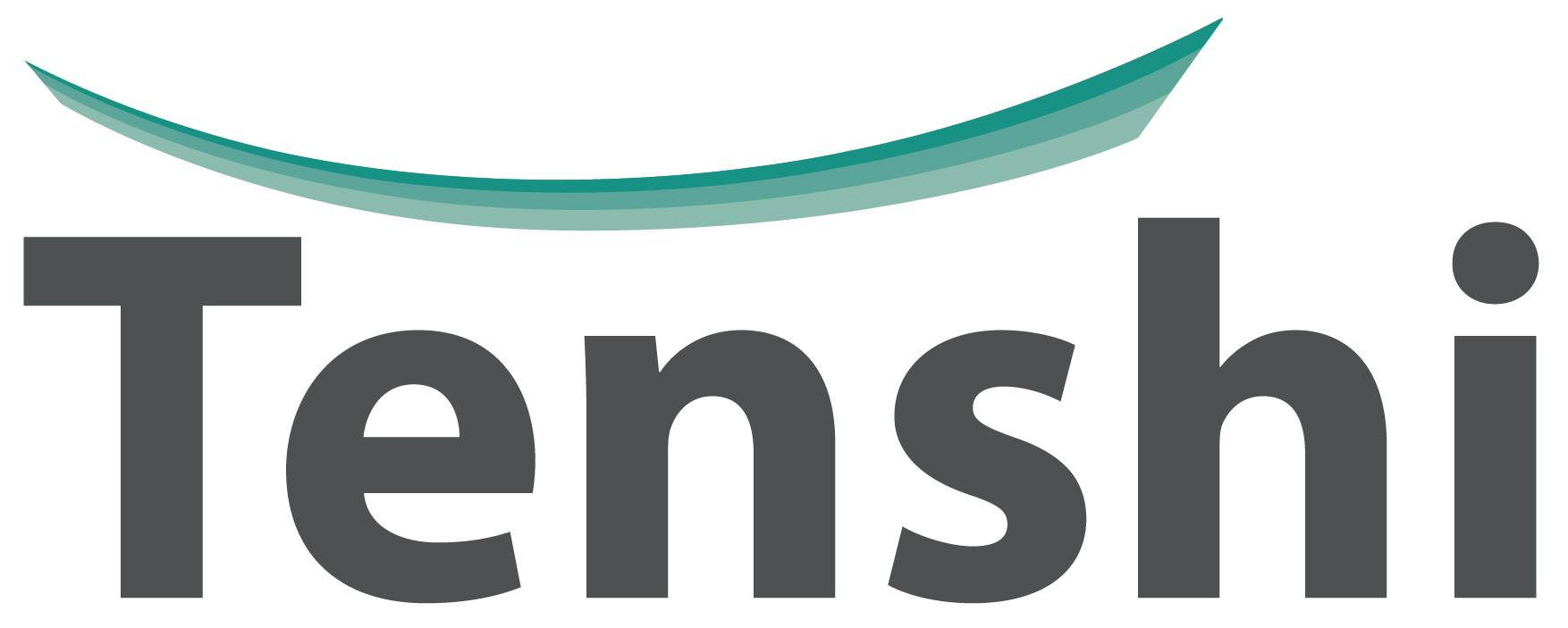Tenshi has been working with Lloyd’s Register Safetytech Accelerator since 2018. We are delighted to have the go-ahead to continue this work extending the accelerator further and creating more innovative challenges.
The Safetytech Accelerator
Lloyd’s Register’s vision is that Safetytech will make industrial sectors safer and more sustainable.
The non-profit Safetytech Accelerator has been established by Lloyd’s Register to help fulfil that vision. The Safetytech Accelerator aims to become the trusted partner for clients and tech companies to innovate and solve important safety and risk challenges.
The Safetytech Accelerator is supported by Lloyd’s Register’s independence, deep expertise and extensive market and regulatory knowledge.
The Safetytech Accelerator has run 25 challenges, engaged with over 60 different startup companies and run pilots all over the world – from the UK and Europe through to Singapore, South Africa and America.
You can read more about the accelerator here.
5-year funding from the Lloyd’s Register
The Safetytech Accelerator has just been granted five years funding from the Lloyd’s Register Foundation and Lloyd’s Register, to create an even more impactful programme.
Over the last six months, Tenshi have been working with Lloyd’s Register to help design this new programme. The importance of Safetytech (digital technology for safety and risk) cannot be underestimated, with a potential market of $850billion and the opportunity to save thousands of lives lost at work every day.
Launch of a £1m Proof of Concept fund
In January 2021, the Safetytech Accelerator started a new phase of its journey by launching a £1m Safetytech Proof of Concept fund. With this new Fund, the Safetytech Accelerator will facilitate the trials of digital products and services that can significantly enhance safety and reduce risk in safety-critical industries and infrastructure.
Dr Maurizio Pilu, Managing Director of the Safetytech Accelerator, said of the launch: “The Accelerator has done great work in the past two years with companies who have trialled innovative solutions from early-stage digital companies at their sites, ranging from sensor technology, machine leaning, AI and computer vision systems and data analytics. With the launch of the Safetytech PoC Fund, we are now ready to embark on new collaborations with corporates and start-ups.”
How has COVID-19 impacted the Safetytech Accelerator?
Safety and risk are fundamentally about people. How can we make them feel safer, their lives easier? It has been a particularly difficult time for those who work in marine, as some crews have not been ashore for nearly a year. This has led us to really think about the mental welfare of offshore staff and generate projects focussing on the crew, making sure their wellbeing is centre stage.
The Safetytech Accelerator is a global programme with tech companies, corporates and pilots running all over the world. Despite pandemic restrictions, thanks to tenacity of Lloyd’s Register’s corporate partners and the amazing entrepreneurs we have worked together to continue delivering pilots and explore new initiatives.
Case Study: Discover the safetytech solution that can assess if a crew is fit for duty
The Challenge
This Safety Accelerator challenge, set in partnership with one of the world’s largest containership operators, Pacific International Lines (PIL), sought innovative methods to assess the psychological and emotional wellbeing of individual crew members in real-time, whilst they are onboard and before they are about to go on duty, with their consent and protecting their privacy.
The Solution
Austin-based startup Senseye.co was selected to trial their solution with PIL, during a three-month pilot. Senseye is a computational neuroscience company based in Austin, TX that uses high-resolution video footage of the eye to quantify previously inaccessible cognitive insights.
During the pilot, Senseye drew upon their experience working with US military training fighter jet pilots, applying their expertise in cognitive psychology, computer vision and machine learning technology. The solution involves a camera and computer vision-based pattern recognition, scanning a crew member’s eyes and assessing in real-time if they’re ‘fit for duty’ or not.
Results
Senseye’s ORM solution product added value to the crew and ship master in that they could get a quantified fitness for duty before any given shift. The trial was instrumental in helping Senseye shape the product and provide more value for users going forward. Thanks to improvements in mobile phone cameras, the technology is now available on modern smart phones.
Get in touch
If you’re an industrial client and you have a safety or risk challenge or concern that you’d like to be able to solve with new technology, then get in touch with the Lloyd’s Register Safetytech Accelerator.

